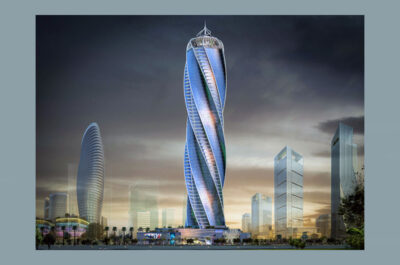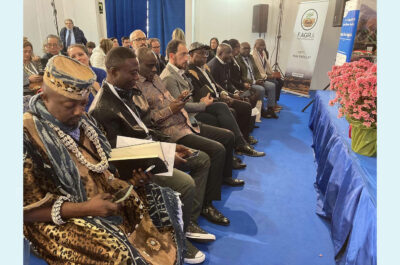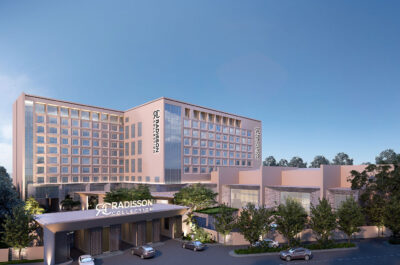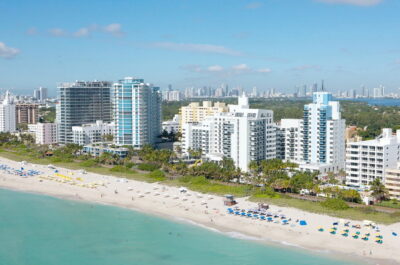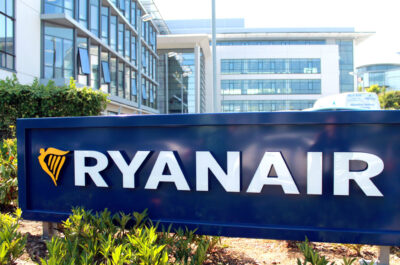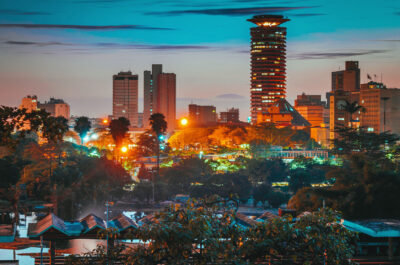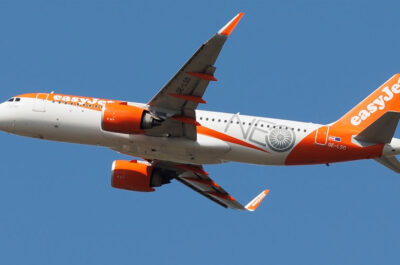A big barrier for Africa tourism is the lack of transportation infrastructure. Even though some low-cost air carriers have emerged over the last decade, only a small percentage of airfields are paved and airlift remains limited due to high operating costs.
LONDON – Latest analysis by STR Global, leading provider of data on the hotel industry, reveals that despite high levels of inflation and political uncertainty, Africa is proving that it is a growing tourist and business destination as hotels in a number of key markets are reporting performance increases for year-to-date (YTD) June 2013.
However, a big barrier for Africa tourism is the lack of transportation infrastructure. Even though some low-cost air carriers have emerged over the last decade, only a small percentage of airfields are paved and airlift remains limited due to high operating costs. Africa’s railway infrastructure is not without its own set of challenges due to limited interconnected rail systems as most of the national rail systems operate independently. Non-standardised gauges, break systems and traction and obsolete equipment further compound the situation.
“In spite of many unsolved problems, Africa shows a promising future. There is an increasing interest in a number of countries, particularly in sub-Saharan Africa where tourism is more developed. Tanzania has recorded YTD June 2013 growth in Revenue per available room (RevPAR) of 10.6 percent, largely due to successful April and June, which saw a 25.7 percent and 27,4 percent increase in RevPAR in USD terms on the prior year, respectively” said Elizabeth Randall Winkle, Managing Director of STR Global.
Egypt as an exception has continued to suffer from the ill effects of its revolution when occupancy rates dropped as low as 15 percent in February 2011 in Cairo. The capital has been experiencing ongoing unrest and the recent overthrow of President Morsi will determine a different story. Hotels in the Red Sea resorts are still trying to recover and although occupancy is up 24.7 percent YTD June 2013 to achieve occupancy levels of 45.2 percent which is on par with Cairo, it is still below the 61.7 percent achieved by hotels in the Red Sea Resort YTD June 2010.
Moroccan hotels on the other hand, having avoided any major upset, have shown a good performance YTD June 2013 with growth in occupancy (17.0 percent) and RevPAR (7.9 percent).
Within sub-Saharan Africa, YTD June 2013 hotel performance data for South Africa shows a notable increase in occupancy (4.8 percent) but the decrease in both average daily rate (-7.7 percent) and RevPAR (-3.3 percent) are indicative of an ongoing recovery from inflated rates and the surge of new supply during the World Football Cup in 2010.
Botswana, Kenya, Mauritius and Tanzania rely heavily on international tourism, offering splendid beach destinations and/or safaris. According to the WTTC, total tourism contribution to GDP for Mauritius is 28 percent, which is above the world average (9 percent). Many of these markets remain dependent on leisure tourism. Whilst most African economies are more agrarian and based on mining of natural resources, one of the biggest challenges for opening a hotel on this continent is finding well educated staff and training them to deliver an international standard of service.
Nigeria shows the highest RevPAR growth YTD June 2013 (15.2 percent) and the highest average daily rate (ADR) among the African countries at US$273.80. The second highest ADR can be found in Mauritius (US$227.08), where in addition to the strong leisure demand for its resorts, this small economy hosted the FIFA[2] Congress 2013, welcoming around 1,300 guests.
The World Bank is currently financing 1,091 activities in 6,277 mapped locations in Africa worth US$49.3 billion. Despite high levels of inflation and political uncertainty, Africa has not deterred hotel developers from being interested in the continent and its popularity is likely to grow in the next 10 years with a wealth of resources and abundant untouched areas.
“Africa is a key growth market with plenty of exciting prospects ahead. The current undersupply of hotels, as a result of the continent’s natural resources boom and a growing middle class, means there are plenty of opportunities for internationally branded hotels,” said Mark Willis, Area Vice President Middle East and Sub-Sahara Africa The Rezidor Hotel Group. “Our development strategy is on track and over the next 24 months we will open more Radisson Blu and Park Inn by Radisson properties in cities including Freetown, Nairobi, Kigali, Libreville, Marrakech and Hammamet.”
Further details on trends in the hotel markets across Africa will be presented at the Africa Hotel Investment Forum (AHIF) in Nairobi on the 23-25 September where two speakers from STR Global will be on the formal agenda.
Theodore is the Co-Founder and Managing Editor of TravelDailyNews Media Network; his responsibilities include business development and planning for TravelDailyNews long-term opportunities.














